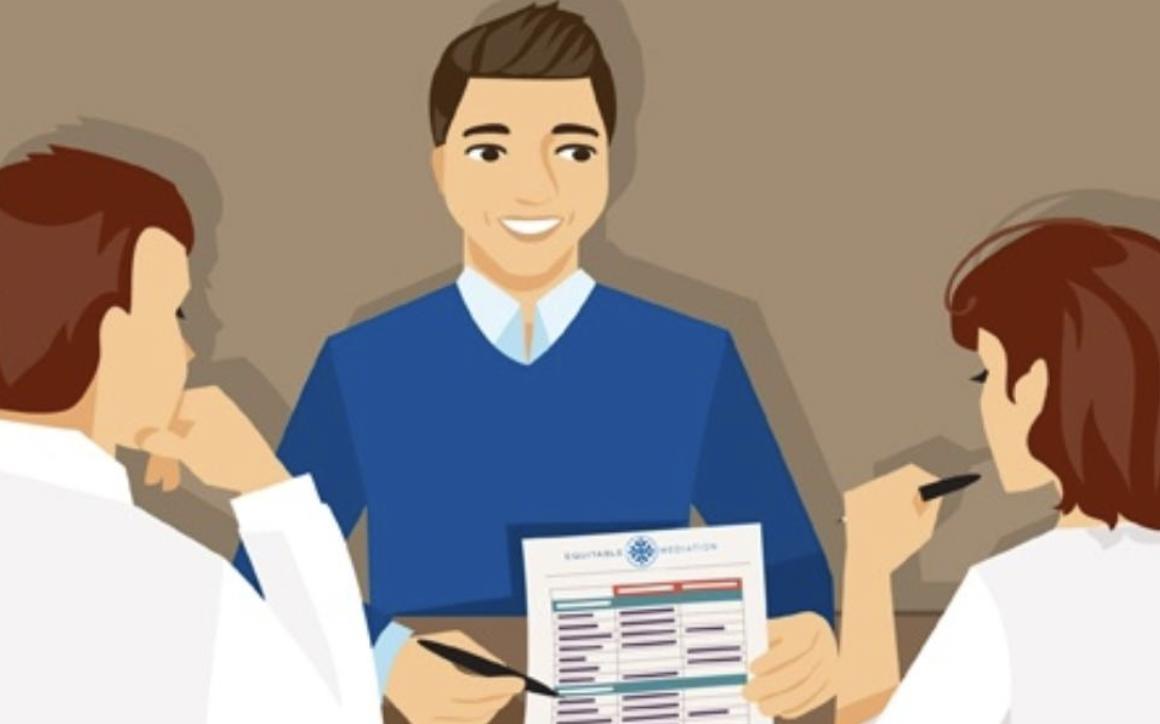I could not find the statistics for Talbot County, but according to CNBC, the average US household with debt, including credit cards, auto loans, mortgages, now owes $155,622. All together that is$15 trillion. Just to put it in context, the US Gross Domestic Product is about $20 trillion. The average amount of debt by generation in 2020 was:
• Gen Z (ages 18 to 23): $16,043
• Millennials (ages 24 to 39): $87,448
• Gen X (ages 40 to 55): $140,643
• Baby boomers (ages 56 to 74): $97,290
• Silent generation (ages 75 and above): $41,281
It is fair to say that most of us in Talbot County have some debt. That is not necessarily a bad thing, as it allows us to own a home or a car. However, during the recent pandemic many families lost jobs and found themselves behind with payments. In fact, the average amount of debt in collections in Maryland is $1,105.
Most credit card companies will contact you and attempt to make arrangements to help you pay. There are times, however, when they basically give up trying to recover what is owed. They are in the loan business, not the debt collection business. To recover some of their loss they “sell” the debt to a debt collection company. These companies buy the debt for pennies on the dollar and then hope they collect more than they have paid. You can be assured that they will try their best to collect. That’s how debt collectors make their money. They will contact you for payment. If you do not pay, or if you do not respond, the debt collector is likely to sue you in Maryland District Court. The District Court can hear matters where the amount sought, excluding interest and costs, is $30,000 or less. If you find yourself in court you may want to get legal advice. It is free if you use The Maryland Court Help Center (410-260-1392).
If you are being sued in District Court you may have the option of using mediation to help settle the debt. A mediator is a neutral facilitator who will guide the parties through a conversation that will provide a solution acceptable to both. The mediator will not take sides and will not offer solutions, but will help you find them. The offer for mediation will come from the District Court Alternative Dispute Resolution Office prior to your trial date. Watch for it.
The good news about mediation is that it puts both parties in control of the outcome and you do not lose any legal rights to a trial should you not settle. Because mediation is confidential, no information shared during the mediation can be used later in court. Mediation also gives the parties considerable flexibility concerning the terms of the settlement.
If both parties agree to mediation, they must both realize neither will get exactly what they want. The debt collector will not get every dollar owed and the other party will have to pay something. However, the terms of the settlement can be flexible. For example, payment may be made over time or at a reduced amount. This can allow a settlement that works for both parties while lowering the risk of not knowing how a judge will rule.
Mediation, whether through the court system or private, is a low-risk option that can be very helpful in settling bad debts and allowing you to move on with the rest of your life.
Steve Forrer lives in Easton. He is former Dean and Vice Chancellor of University of Maryland Global Campus. He is currently a mediator for the Maryland District and Circuit Courts. Questions can be submitted at www.doncastermediation.com/contact for Steve to answer in this column. He also accepts private mediations.



Write a Letter to the Editor on this Article
We encourage readers to offer their point of view on this article by submitting the following form. Editing is sometimes necessary and is done at the discretion of the editorial staff.